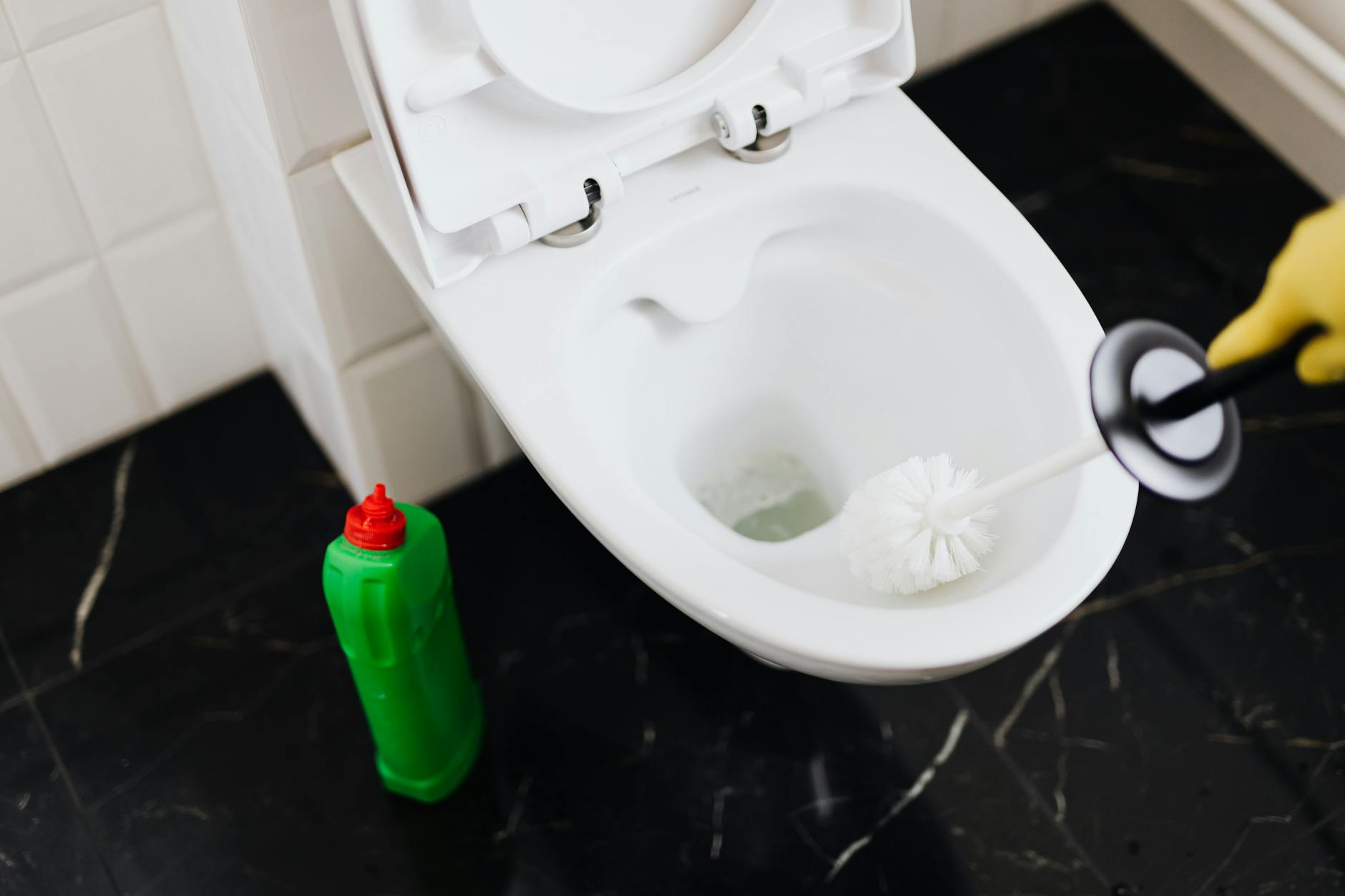Unravel the mysteries of stomach viruses with this essential guide that delves into symptoms, prevention strategies, and treatment options.
Table of Contents
Stomach viruses, also known as gastroenteritis, are a common illness that affects people of all ages. While they can be unpleasant and disruptive to daily life, understanding the causes, symptoms, and treatment options can help you recover faster and prevent the spread of the virus to others.
What is a Stomach Virus?
A stomach virus is an infection that causes inflammation in the stomach and intestines. It is typically caused by either a virus or bacteria, with viruses being the most common culprit. The most common types of stomach viruses include norovirus and rotavirus, which can spread easily from person to person through contaminated food, water, or close contact.
Symptoms of Stomach Viruses
The symptoms of a stomach virus typically include nausea, vomiting, diarrhea, stomach cramps, and sometimes fever. These symptoms can range from mild to severe and usually last for a few days to a week. It is essential to stay hydrated and get plenty of rest when experiencing these symptoms to help your body recover.
Prevention Tips
Preventing the spread of stomach viruses is crucial, especially in places like schools, healthcare settings, and households where viruses can easily be transmitted. Here are some tips to reduce your risk of getting a stomach virus:
| Topic | Information |
|---|---|
| What is a stomach virus? | A stomach virus, also known as gastroenteritis, is an infection of the intestines that causes inflammation and irritation. It is often caused by viruses like norovirus or rotavirus. |
| Symptoms | Common symptoms of a stomach virus include nausea, vomiting, diarrhea, abdominal cramps, and fever. |
| Transmission | Stomach viruses are highly contagious and can be spread through contact with infected persons, contaminated food or water, or surfaces. |
| Treatment | Most stomach viruses are self-limiting and do not require specific treatment. It is important to stay hydrated and get plenty of rest. In severe cases, medical attention may be necessary. |
| Prevention | Practicing good hygiene, such as washing hands frequently and disinfecting surfaces, can help prevent the spread of stomach viruses. Additionally, avoiding contact with infected individuals and consuming safe, properly cooked foods can reduce the risk of infection. |
- Wash your hands frequently with soap and water
- Avoid sharing food, drinks, and utensils with others
- Clean and disinfect contaminated surfaces regularly
- Practice good food safety habits, such as washing fruits and vegetables
- Avoid close contact with individuals who are sick
Treatment Options
While there is no specific medication to treat stomach viruses, there are ways to alleviate the symptoms and support your body’s recovery:
- Stay hydrated by drinking clear fluids, such as water, broth, or electrolyte drinks
- Eat bland, easy-to-digest foods like crackers, toast, rice, or bananas
- Avoid dairy, caffeine, alcohol, and spicy foods until you feel better
- Get plenty of rest to allow your body to recover
- If symptoms persist or worsen, contact a healthcare provider for further evaluation
By following these treatment tips and taking preventive measures to protect yourself and others, you can help manage stomach viruses effectively and reduce the impact on your daily life. Remember that proper hygiene and sanitation practices play a significant role in preventing the spread of these common infections.
FAQs
Can stomach viruses be prevented?
Yes, stomach viruses can be prevented by practicing good hygiene, such as washing hands frequently, avoiding close contact with sick individuals, and disinfecting surfaces regularly.
How long do stomach virus symptoms last?
Stomach virus symptoms typically last for a few days to a week, but the duration may vary depending on the individual’s immune system and the severity of the infection.
What foods should I eat when recovering from a stomach virus?
It is recommended to eat bland, easy-to-digest foods like crackers, toast, rice, or bananas when recovering from a stomach virus to avoid irritating the stomach further.
When should I seek medical attention for a stomach virus?
If your symptoms are severe, persist for more than a week, or if you experience signs of dehydration, such as dry mouth or decreased urine output, it is advisable to seek medical attention for proper evaluation and treatment.





